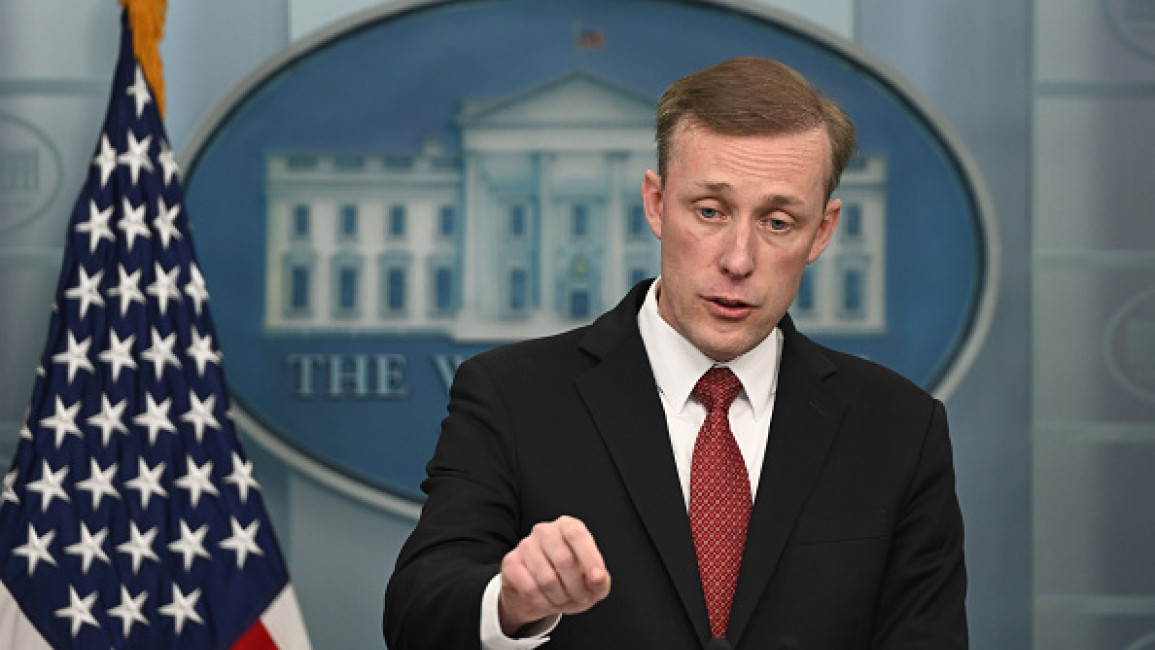Conflict in Middle East could escalate, US national security adviser warns
White House national security adviser Jake Sullivan warned on Sunday of the risk of conflict escalating in the Middle East, and said the U.S. is trying to find safe passage for American citizens out of Gaza into Egypt.
The Israeli military said on Sunday it would continue to allow Gazans to evacuate south ahead of an expected ground assault by its forces on the Gaza Strip in retaliation for unprecedented attacks inside Israel by Hamas militants eight days ago that killed some 1,300 Israelis.
Sullivan, who spoke to CBS's "Face the Nation", said the U.S. is focused on making sure the civilian population leaving Gaza have access to food, water and shelter, and that they can make it into safe areas.
"There is a risk of an escalation of this conflict, the opening of a second front in the north and, of course, Iran's involvement," Sullivan said. The United States remains concerned about proxy forces and Lebanon's Hezbollah, he said.
The vast majority of the population of Gaza has nothing to do with Hamas, Sullivan said on another network on Sunday, and they "deserve dignity, safety and security."
He said the U.S. is not interfering with Israel's military planning, but is emphasizing publicly and in private conversations international law around the war and the need for Israel to recognize democratic rights. US officials have largely backed Israel's military campaign, despite the brutality of the assault on Gaza.
Authorities in Gaza have said more than 2,300 people had been killed, a quarter of them children, and nearly 10,000 wounded so far. The enclave's hospitals are running short of medical supplies and struggling to cope with the flow of injured.
U.S. President Joe Biden's decision to send an aircraft carrier to the region sends a clear message of deterrence "to any actor that would seek to exploit the situation," Sullivan said.
(Reuters)



